Imagine, for a moment, the following scenario. In 2016 Britain votes narrowly to remain within the European Union, despite the Prime Minister having achieved little in attempting to renegotiate the terms of our membership. The ‘out’ campaign — which was no longer led by a marginal party, Ukip, but by the majority of the parliamentary Labour party, under its new leader Jeremy Corbyn — came mightily close to securing our withdrawal, and thus, as it is put by proponents, our independence. Subsequently, Labour receives the same sort of bounce in the opinion polls as the SNP enjoyed following the equally close independence referendum in Scotland — helped by a continuing crisis in the eurozone and extravagant demands for the UK to do a bit more bailing out and take still more of the sub-Saharan immigrants who now constitute about 92 per cent of the population of Calais.
A year later, an infuriated British public sees its energy bills rise by three times the rate of inflation; the mood in favour of nationalising the utilities, as Corbyn demands, stands at 61 per cent in the latest opinion polls. In 2019 there is a government scandal — something perhaps involving drugs, whores and money — and yet the Conservatives are still just about ahead as the 2020 election campaign gets underway.
But only just about. About as just about ahead as they were in 2015, maybe a little less. In the end, the result is very similar to 2015, except that the government loses perhaps 20 or so seats on a 0.8 per cent swing. Labour gains 25, the SNP loses five. There was a strong Ukip vote in the south, especially the south-west, but its vote in the north collapsed.
As a consequence, Jeremy Corbyn is the Prime Minister of Great Britain and Northern Ireland (although probably not that latter bit for much longer) and will rule with his Deputy Prime Minister, the hugely like-able SNP leader Nicola Sturgeon. Our Foreign Secretary is Lord Salmond of Linlithgow. ‘I supported Corbyn in his leadership bid because I wished there to be a serious debate in the party about tackling our budget deficit. I didn’t expect this to happen,’ says a plainly appalled Frank Field on the 10 May 2020 edition of the Today programme. ‘Christ help us all,’ he concludes.
You lot, or many of you lot, are too busy tied up with accountants sorting out your financial arrangements, or emigrating to the Czech Republic (top tax rate 15 per cent), to have heard Mr Field’s lengthy apologia for having supported Jezza. Because just around the corner is Chancellor Diane Abbott’s first budget, and the likely introduction of a top rate of income tax of 60 per cent — Corbyn yearns for 75 per cent, but bear with us, we will have to get there in stages, he tells his impatient, adolescent and plainly mentally ill supporters.
At Buckingham Palace, meanwhile, the Queen is trying to work out the menu place settings for the upcoming dinner in honour of Khaled Mashal, the leader of Hamas. Probably a vegetarian starter and halal chicken is the safest bet — and of course the Queen herself should be appropriately veiled. She will also have to prepare a menu for the forthcoming visit of various Irish people who have tried, in the past and with some success, to murder members of her family. Colcannon potatoes, I would reckon. And bacon. Don’t get the two menus confused, now.
Be careful what you wish for, please — for all of our sakes. The scenario I outlined above is not particularly outlandish — indeed, most of it is more likely to happen than not happen. I accept that it gets a bit surreal towards the end, but hell — with a Corbyn premier-ship it will be surreal, believe me. If you’ve never tried LSD, a Corbyn government would be a fairly decent simulacrum of the drug, especially the bit where you have to come down and suffer recurring flashbacks, like the one where you’re in Rampton and all of your fellow patients, and the nurses, are actually fish.
Those of you who wish for Mr Corbyn to become leader of the Labour party do so for one of three reasons: a) you think he would be a bloody brilliant Prime Minister, b) you want there to be a ‘proper debate’ in the Labour party (à la Frank Field, Margaret Beckett etc) or c) you are Tories and wish — as my colleague Toby Young put it — to consign Labour to electoral oblivion. All three reasons are patently absurd, but at least option a) has a certain berserk nobility to it. The other two are self–indulgent and a consequence of either hubris or schadenfreude.
Tory voters have been gulled by the opinion polls and the unexpected outright victory for Mr Cameron back in May, I think. A victory it was indeed, but it was not a victory by very much at all, when push comes to shove. In electoral terms we came within a whisker of a Miliband-SNP alliance government, and our justifiable gratitude at being spared such an appalling eventuality should not be allowed to spiral into a spurious feeling of impregnability. Because spurious it is — this is not 1982, even if, for Labour party members like myself, those similarities seem to abound. For a start, the Conservative party will not come anywhere close to achieving 44 per cent of the vote in 2020, as it did back then; knock 10 per cent off and you might be nearer the truth. The electoral map is more fissiparous, volatile; the voters less reliable in what one might reasonably expect them to do. A Corbyn victory in 2020 is far more likely, for all of these reasons, than a Michael Foot victory was in 1983.
You have to understand that it does not matter that he is mad, or at the least terminally deluded; events may ensure that such a judgment is forgotten. The Labour party will not be consigned to electoral oblivion if Corbyn becomes its leader. But the country will be consigned to oblivion if, with the slenderest tweaking of the national mood, he becomes Prime Minister.
Got something to add? Join the discussion and comment below.
Get 10 issues for just $10
Subscribe to The Spectator Australia today for the next 10 magazine issues, plus full online access, for just $10.


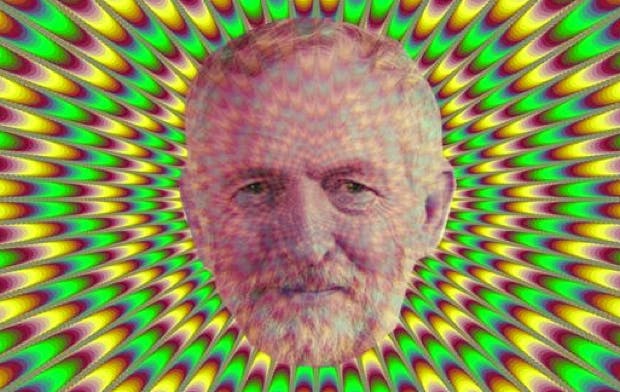
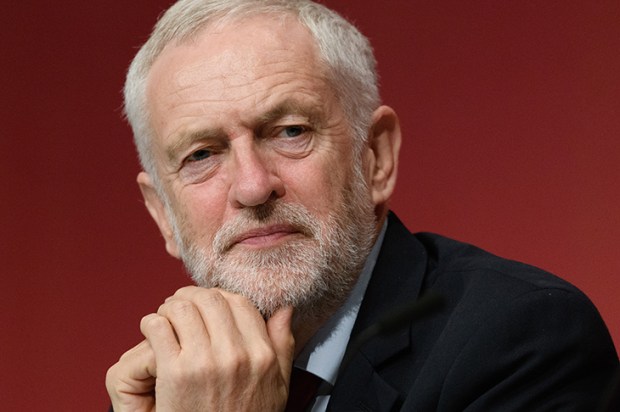
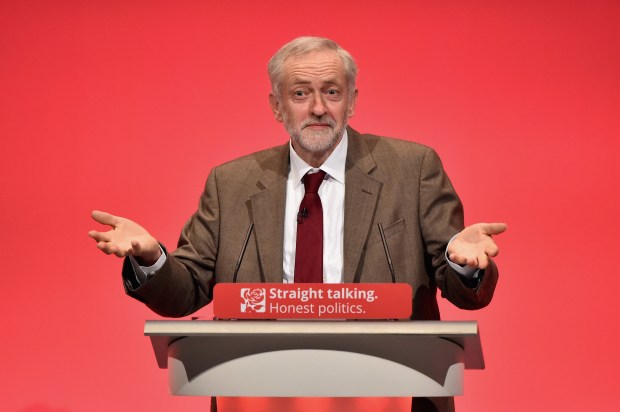
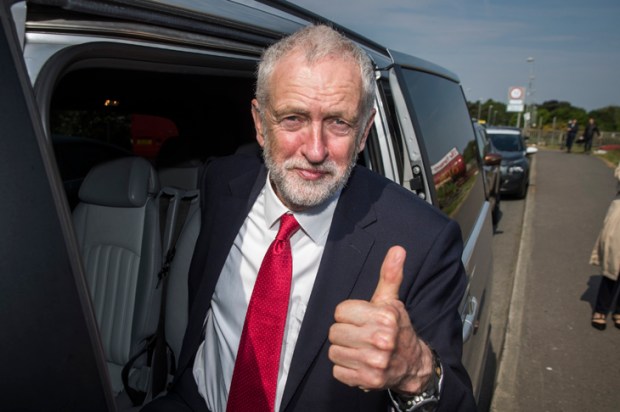

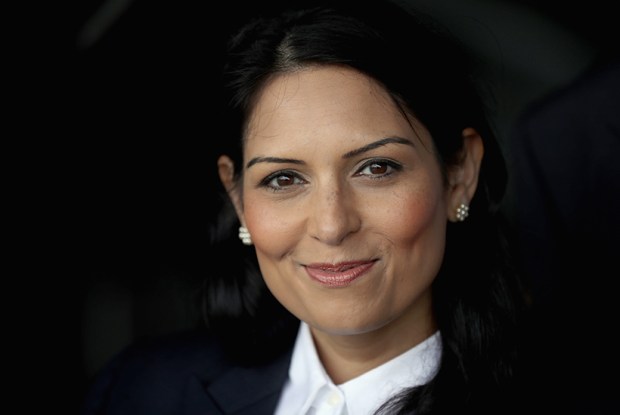
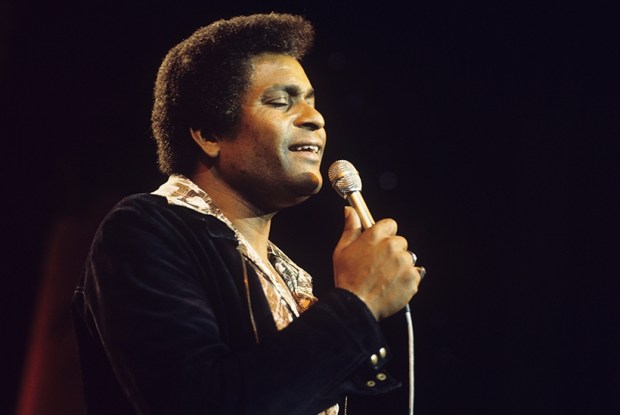






Comments
Don't miss out
Join the conversation with other Spectator Australia readers. Subscribe to leave a comment.
SUBSCRIBEAlready a subscriber? Log in